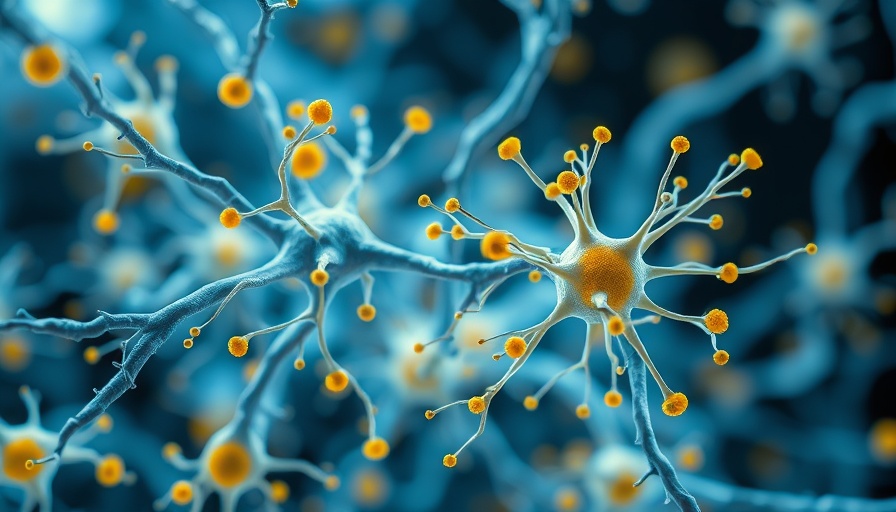
Understanding Blood Sugar Control: The Role of Hypothalamic Neurons
For many, managing blood sugar levels is a daily priority, particularly for those dealing with diabetes or other metabolic disorders. Recent findings have unveiled a fascinating connection between the brain and our metabolic processes—specifically, the hypothalamic neurons. Scientists have established that these neurons play a crucial role in the day-to-day regulation of blood sugar levels, opening new avenues for understanding how our bodies maintain this vital balance.
The Science Behind Sugar Regulation
The hypothalamus, a small region of the brain, is pivotal in maintaining homeostasis, which includes regulating hunger and metabolism. Researchers have found that specific neurons in this area are integral to the body's daily management of blood sugar. By responding to various hormonal signals and nutrient levels, these neurons help modulate insulin release and glucose production from the liver, effectively keeping blood sugar levels in check.
Implications for Health and Wellness
This discovery not only sheds light on the neural mechanisms governing metabolic control but also emphasizes the importance of brain health in overall wellness. With increasing rates of diabetes and obesity globally, understanding the relationship between brain activity and metabolism can drive the development of innovative therapies for better health management. Furthermore, these insights highlight how maintaining optimal brain function can contribute to long-term health and wellness goals.
Practical Tips to Optimize Health and Wellness
Given the crucial link between brain function and blood sugar regulation, individuals can take actionable steps to promote both brain health and metabolic stability. Here are a few practical tips:
- Nutrition: Incorporate foods rich in omega-3 fatty acids, antioxidants, and vitamins that support brain health. Foods like fish, nuts, berries, and leafy greens are excellent choices.
- Exercise: Regular physical activity not only helps manage weight but also stimulates the brain's metabolic processes, promoting better glucose regulation.
- Stress Management: Practices such as yoga and meditation can help reduce stress levels, which is important for both mental and physical health, helping to keep blood sugar levels stable.
A Future of Potential Therapies
As research continues, the insights gained from studying hypothalamic neurons could lead to the development of targeted therapies aimed at regulating blood sugar without the need for invasive measures. Investigating how these neurons respond to dietary components or stress can illuminate new approaches to managing diabetes. Such innovations could further enhance community health and wellness, as they are likely to be more accessible and accepted than conventional treatments.
Conclusion: A Call for Better Health Practices
Understanding the interplay between our brains and metabolic functions like blood sugar regulation is vital as we seek to cultivate healthier lifestyles. Adopting practices that support both brain and metabolic health can yield profound benefits. Engage with your community to explore health and wellness resources, attend events, and consider integrative approaches like naturopathy or nutritional supplements as you work towards optimal health.
 Add Element
Add Element  Add Row
Add Row 



Write A Comment